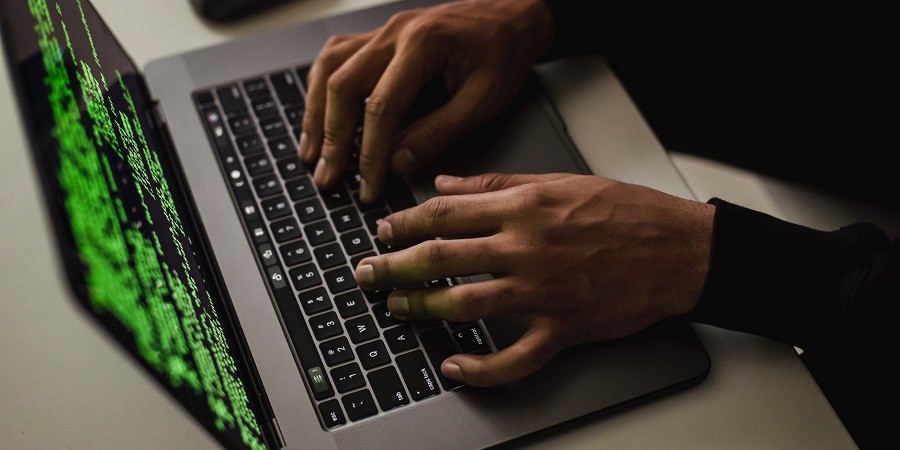World News
North Korea hacked Pfizer for vaccine information

- South Korea’s National Intelligence Service (NIS) claimed that North Korea tried to steal information on COVID-19 vaccines and treatments from Pfizer, Inc.
- Health experts believe that the North is stealing data to sell it to other states.
- The North was also suspected of trying to hack into the systems of several healthcare firms and vaccine manufacturers last year.
North Korea hacked Pfizer Inc. to try to steal data on COVID-19 vaccines and treatments, South Korea’s National Intelligence Service (NIS) said on Tuesday.
The incident is the latest among several attempts of digital espionage as countries race to secure the latest information and technology to battle the virus.
“There were attempts to steal COVID vaccine and treatment technology during cyber attacks and Pfizer was hacked,” said Ha Tae-keung, an opposition member of the parliamentary intelligence panel.
Ha’s comments were confirmed by his office. There were no additional details, such as the timing or success of the attempt. Pfizer is yet to comment.
Last year, North Korea was also suspected of trying to hack into the systems of at least nine healthcare firms, including AstraZeneca, Johnson & Johnson, and Novavax Inc.
The NIS said that it had blocked its neighbor’s attempts to steal information.
Health experts believe that North Korea may be trying to steal data to sell, instead of using it to develop their own vaccine.
The COVAX-sharing program is set to distribute around 2 million doses of the AstraZeneca-Oxford COVID-19 vaccine to North Korea by the first half of this year.
While the North has not confirmed any infections, NIS couldn’t rule out an outbreak because of its trade and people-to-people exchanges with China before closing its border in early 2020.
Ha added that Ri Sol Ju, the wife of Leader Kim Jong Un has not been seen in public for more than a year. He said that according to the South’s intelligence reports, she has been keeping a low profile to avoid risks of infection.
Source: Reuters
